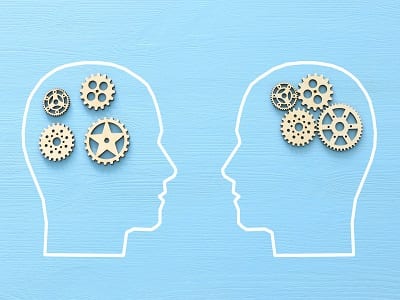In this blog post, we will be exploring compulsive behavior in detail. We will look at the different types of compulsive behavior, the symptoms of compulsive behavior, the causes of compulsive behavior, and the various risk factors associated with it. We will also hear from experts about their experiences with compulsive behavior, and we will explore brain activity during compulsive behavior.
Contents
Understanding Compulsive Behavior
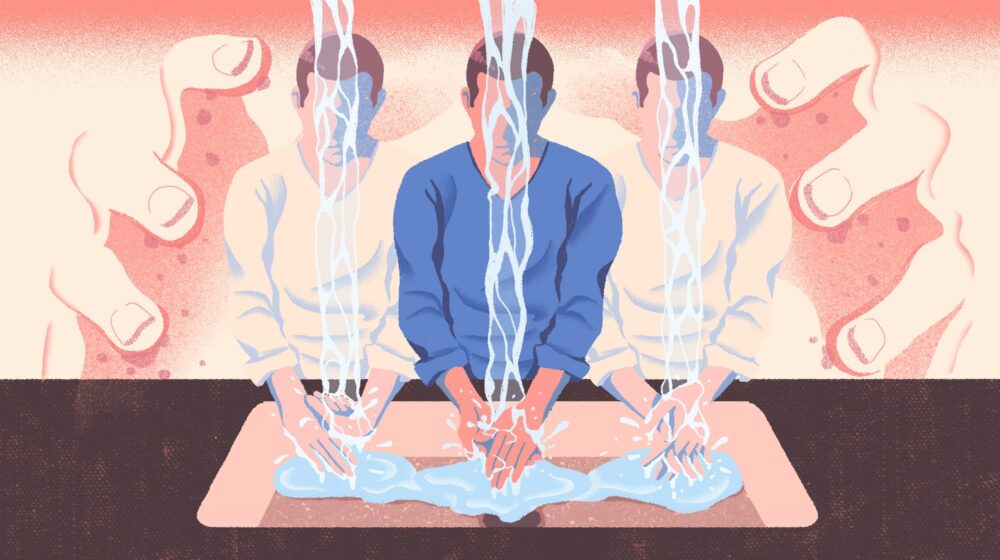
Compulsive behavior is characterized by an irresistible urge to do something, even if it’s harmful to you. People with compulsions often feel that they can’t control their urges and behaviors.
Degrees of Compulsive Behavior
There is no one-size-fits-all answer to this question, as the severity of compulsions can vary significantly from person to person. However, here are some general degrees of compulsive behavior:
- Mild: The compulsions cause some distress but don’t significantly interfere with daily life.
- Moderate: The compulsions are disruptive and cause moderate distress.
- Severe: The compulsions are highly disruptive and cause severe distress.
Types of Compulsive Behavior
There are different types of compulsions, including:
Cleaning: This compulsion includes excessive cleaning and handwashing.
Organizing: This compulsion involves an excessive need for symmetry and order.
Hoarding: Hoarding is characterized by an inability to discard items, even if they’re of no use.
Counting: People with this compulsion often count objects or steps, sometimes for hours on end.
Checking: This involves repetitively checking things (e.g., locks, appliances) to ensure they’re safe or turned off.
Common Compulsive Behavior Disorders
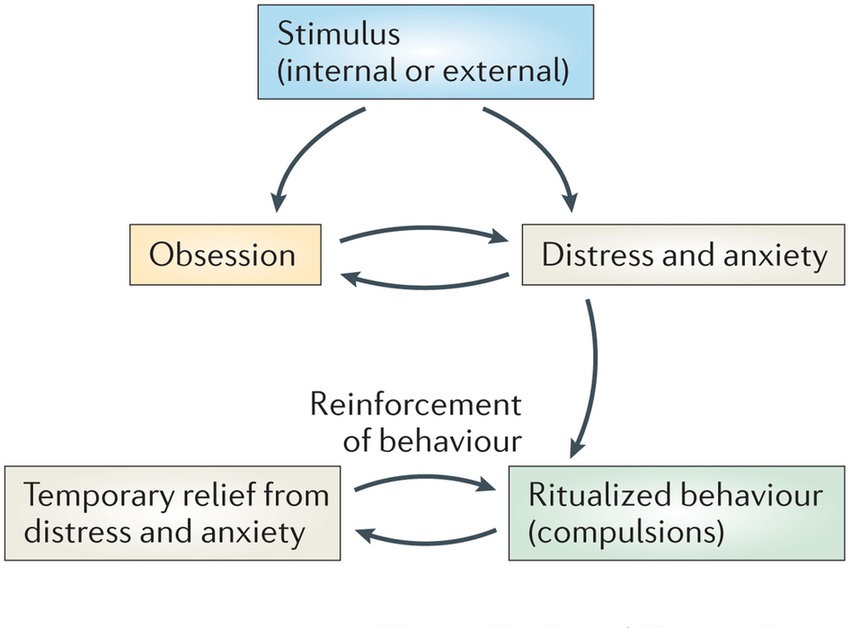
Several disorders involve such behavior, including:
Obsessive-compulsive disorder (OCD): OCD is characterized by intrusive thoughts (obsessions) and repetitive behaviors or mental acts (compulsions).
Body dysmorphic disorder (BDD): BDD is a preoccupation with one or more perceived defects in one’s physical appearance.
Compulsive gambling: Compulsive gambling is an impulse-control disorder that involves the excessive and uncontrollable urge to gamble.
Trichotillomania (TTM): TTM is a disorder characterized by the recurrent urge to pull out one’s hair.
Compulsive sexual behavior: Compulsive sexual behavior is characterized by an inability to control one’s sexual thoughts, fantasies, or behaviors.
Excessive skin picking (ESP): ESP is the repetitive picking of skin, often to the point of causing lesions.
Compulsive eating: Compulsive eating is when a person feels compelled to eat even if they’re not hungry, often to the point of feeling sick.
Symptoms of Compulsive Behavior
People with compulsive behavior often feel that they need to do their compulsion to relieve tension or anxiety. Thus, symptoms of compulsions can include:
Trauma: Exposure to traumatic events can increase the risk of developing compulsions.
Inability to stop: Many people with compulsions feel like they can’t stop their behaviors, even if they want to.
Feeling of relief: Many people with compulsions feel a sense of relief or satisfaction after completing their compulsion.
Obsession with details: This can include an excessive focus on minor or irrelevant details, or needing to complete tasks in a specific way.
Preoccupation: People with compulsions are often preoccupied with their urges and behaviors. This can cause significant distress and interfere with daily life.
Rituals: People with compulsions often have rituals they need to follow to relieve anxiety. These rituals can be time-consuming and rigidly enforced.
Causes of Compulsive Behavior
There is no one definitive cause of compulsive behavior. However, some potential causes include:
Genetics: Some research suggests that compulsive behavior may be passed down through families.
Brain chemistry: Compulsive behavior may be caused by abnormalities in the brain’s chemical makeup.
Environmental factors: Exposure to stressful or traumatic events can increase the risk of developing compulsions.
Risk Factors of Compulsive Behavior
Several risk factors may increase the likelihood of developing compulsions, including:
- Anxiety
- Stress
- Anxiety disorders
- Autism spectrum disorder
- Traumatic brain injury
- Obsessive-compulsive disorder (OCD)
People with these conditions are at high risk of developing obsessions and compulsions.
Prone Personality Types
No one personality type’s more prone to such behavior than others. However, people who are perfectionists or excessively organized may be more likely to develop compulsions.
Living With Compulsive Behavior
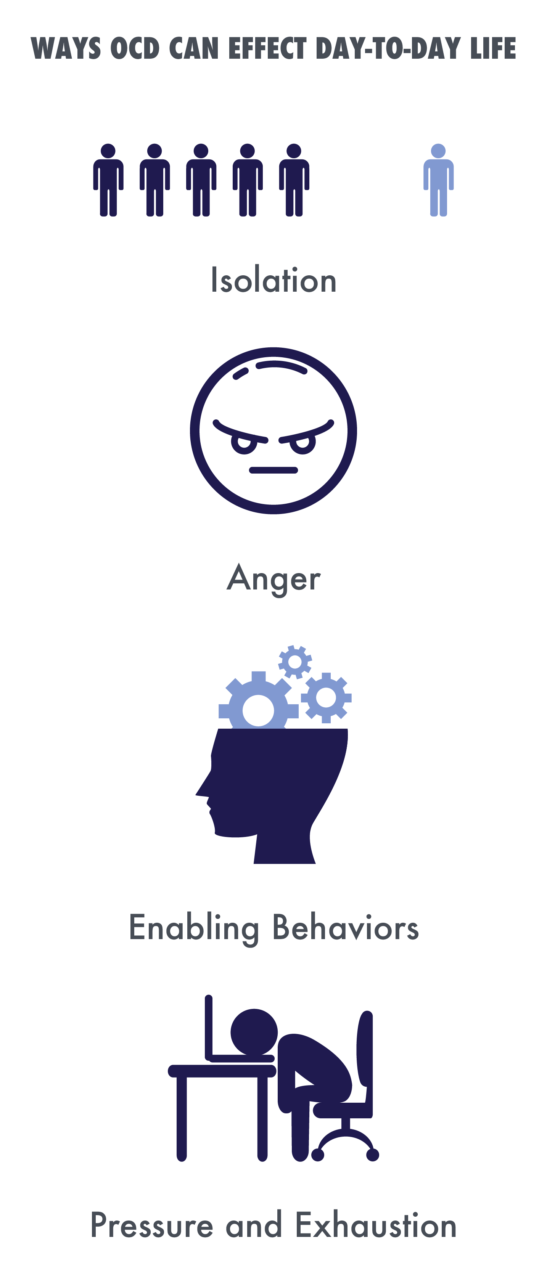
Compulsive behavior can be disruptive and cause distress. It can also interfere with daily life, including work, school, and relationships. In addition, it may pose damaging effects on one’s health.
Impact on Life
Work
People with compulsive behavior may find it difficult to maintain a job or meet deadlines. They may be excessively perfectionistic or have difficulty concentrating on tasks.
Compulsive behavior can be damaging to relationships. People with compulsions may be preoccupied with their urges and behaviors. Consequently, it can take away from time spent with loved ones. Furthermore, they may also have difficulty following through on commitments or behaving in a way that’s respectful of others.
Impact on Health
Physical Health
Compulsive behavior can also harm physical health. People with compulsions may be more likely to develop stress-related illnesses, such as heart disease or high blood pressure.
Mental Health
Compulsive behavior can also have a serious impact on mental health. People with compulsions may experience significant anxiety, distress, and guilt. In addition, they may also be at risk of developing other mental health conditions, such as OCD or depression.
Coping With Compulsive Behavior
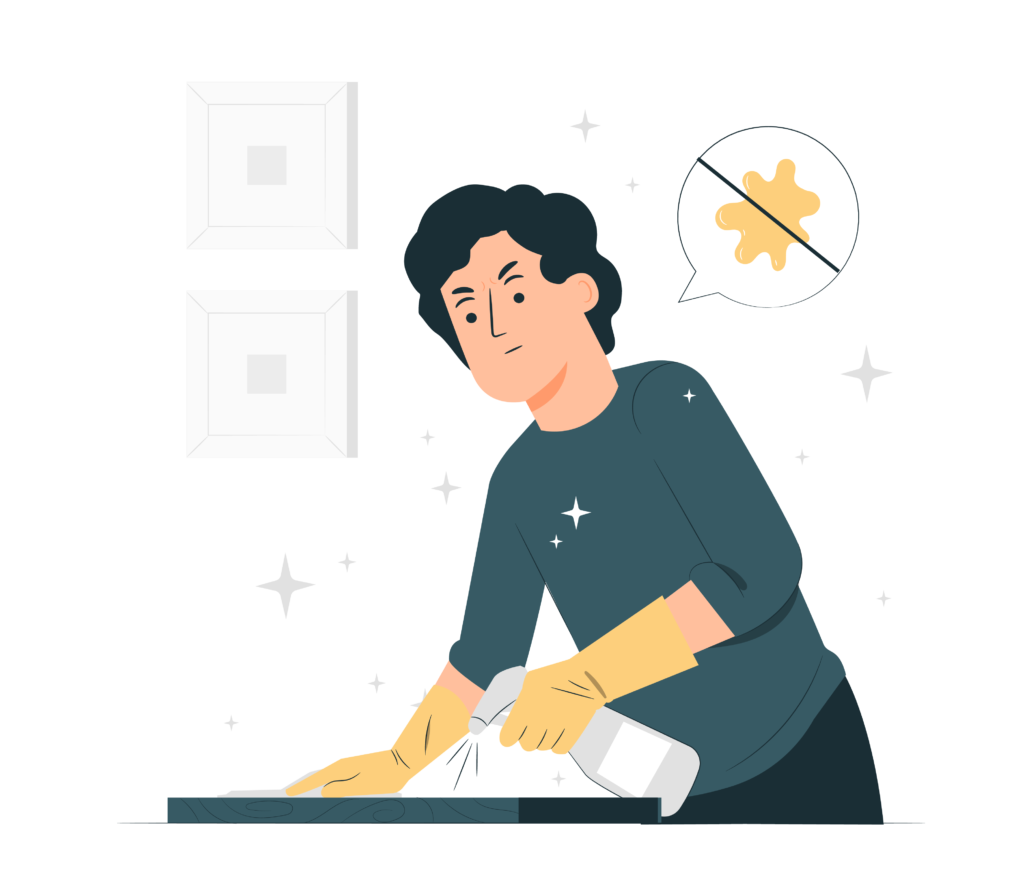
Compulsive behavior can be a difficult thing to deal with, both for the person with compulsions and their loved ones. However, here are some things to consider:
Self-help Tips
There are some things you can do to help manage such behavior on your own. As these tips can be helpful in addition to professional treatment:
Identify your triggers: It can be helpful to identify what sets off your compulsions and try to avoid those situations as much as possible.
Create a plan: When you feel the urge to engage in a compulsion, have a plan in place to distract yourself or do something else.
Challenge your thoughts: If you’re having intrusive thoughts, try to challenge them by asking yourself if they’re really true.
Find support: Talking to friends or family members who understand can be helpful. There are also online support groups available.
Self-help Tools
Some self-help tools can help manage compulsions. However, some of these include:
Journalling: Writing about your thoughts and feelings can help you to better understand and manage them.
Relaxation techniques: Breathing exercises, yoga, and meditation can help to reduce stress and anxiety.
Cognitive restructuring: This therapy helps you change the way you think about your compulsions and obsessions.
Mindfulness meditation: This practice can help you learn to observe your thoughts and feelings without judging them.
Talking To Professional

If compulsive behavior is causing significant distress or interfering with daily life, it may be helpful to talk to a professional. Since therapists can provide support and guidance in dealing with compulsions. Furthermore, they can also help to identify any underlying conditions that may be contributing to the problem.
Therapies
Many different types of therapy can help manage compulsions, including:
Cognitive-behavioral therapy (CBT): CBT is the most common type of therapy for OCD. It helps you identify and change your thoughts and behaviors that contribute to your obsessions and compulsions.
Exposure and response prevention (ERP): ERP is a type of CBT that involves exposing yourself to your triggers and learning to resist the urge to engage in a compulsion.
Dialectical behavior therapy (DBT): DBT is a type of therapy that helps you manage intense emotions and develop coping skills.
Medications
Some medications can help manage OCD and other compulsive disorders. However, some of these include:
Atypical antipsychotics: These medications are used to treat psychotic disorders, but they can also help manage OCD and other compulsive behaviors.
Benzodiazepines: Benzodiazepines are a type of medication that is used to treat anxiety disorders. They work by increasing levels of GABA, a neurotransmitter that reduces activity in the brain.
Selective serotonin reuptake inhibitors (SSRIs): SSRIs are the most common type of medication used to treat OCD. They work by increasing levels of serotonin in the brain.
Serotonin and norepinephrine reuptake inhibitors (SNRIs): SNRIs are a type of antidepressant that works by increasing levels of serotonin and norepinephrine in the brain.
Case Study
John is a 20-year-old college student who has been struggling with compulsive behaviors for the past year. He often feels the need to wash his hands multiple times after touching anything, and he frequently checks to make sure that doors are locked and appliances are turned off.
These behaviors have caused John significant distress and have interfered with his ability to attend classes and socialize with friends.
John has tried to manage his compulsions on his own, but he has not been successful. He has decided to talk to a therapist to see if they can help him.
The therapist helps John to understand his compulsions and the thoughts and emotions that contribute to them. They also work together to develop a treatment plan that includes CBT and exposure therapy.
With the help of his therapist, John can learn to manage his compulsions and live a more normal life.
NOTE: There are many different types of therapy and medications that can help manage compulsions. If you’re struggling with such behavior, talk to a professional to see what treatment options are available to you.
Hearing From Experts
We also heard from some experts about their thoughts on compulsive behavior. Here’s what they had to say:
“Compulsive behavior is a type of behavior that is characterized by an irresistible urge to do something, even if it is harmful. The most common type of compulsion is obsessive-compulsive disorder (OCD), but there are other types as well. Compulsive behavior can be very distressing and can interfere with daily life.”
– Dr. Andrew Adler, Clinical Psychologist
“Compulsive behavior is a way of coping with stress or anxiety. People who engage in compulsive behaviors often feel like they have no control over them and that they’re doing something wrong. Compulsive behaviors can be very isolating and can cause a lot of shame and guilt.”
– Dr. Stephanie Sarkis, PhD, NCC, LMHC
Brain Activity

“When someone with OCD engages in compulsive behavior, the brain is showing increased activity in certain areas. This includes:
- The amygdala: This is the part of the brain that is responsible for fear and anxiety.
- The caudate nucleus: This is a part of the brain that is involved in motor control and learning.
- The orbitofrontal cortex: This is the part of the brain that is involved in decision-making and impulse control.”
Resources
If you or someone you know is struggling with compulsive behavior, there are many resources available to help. However, some of them are:
- The National Institute of Mental Health (NIMH) has information on treatments and support groups for OCD and other compulsive disorders.
- You can also find help from the International OCD Foundation (IOCDF) or the Obsessive-Compulsive Disorder Association of Canada (OCDAC).
Conclusion
Compulsive behavior is a type of behavior characterized by an irresistible urge to do something, even if it is harmful. Moreover, there are many different types of compulsions, and they can be very distressing and interfere with daily life. Thus, if you’re struggling with such behavior, talk to a professional to see what treatment options are available to you.
A Word From Therapy Mantra
Your mental health — Your psychological, emotional, and social well-being — has an impact on every aspect of your life. Positive mental health essentially allows you to effectively deal with life’s everyday challenges.
At TherapyMantra, we have a team of therapists who provide affordable online therapy to assist you with issues such as depression, anxiety, stress, workplace Issues, addiction, relationship, OCD, LGBTQ, and PTSD. You can book a free therapy or download our free Android or iOS app.
